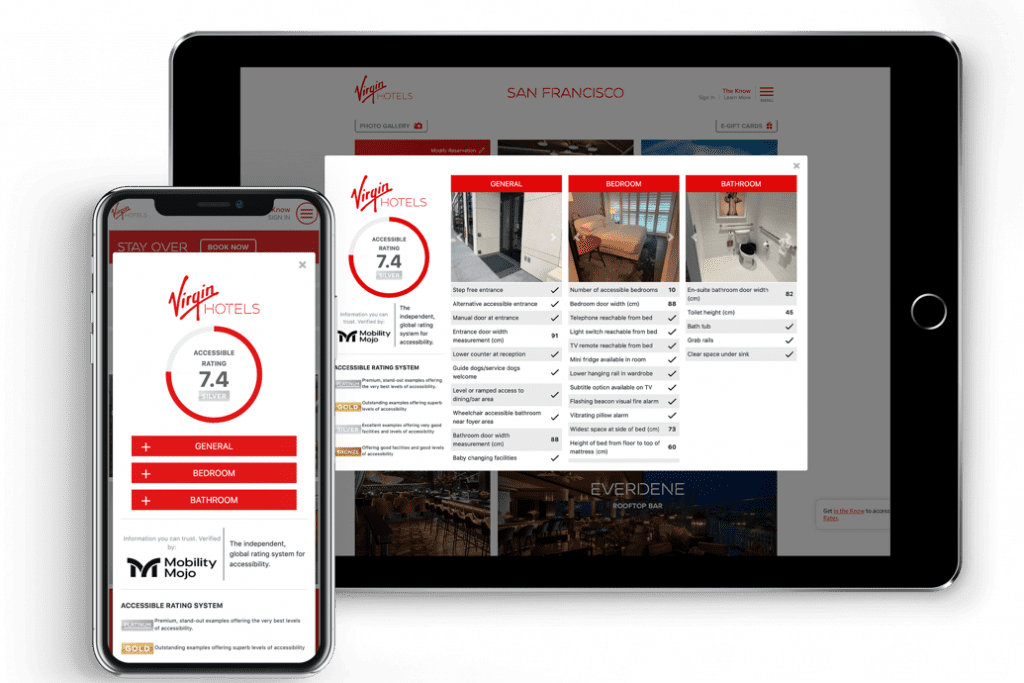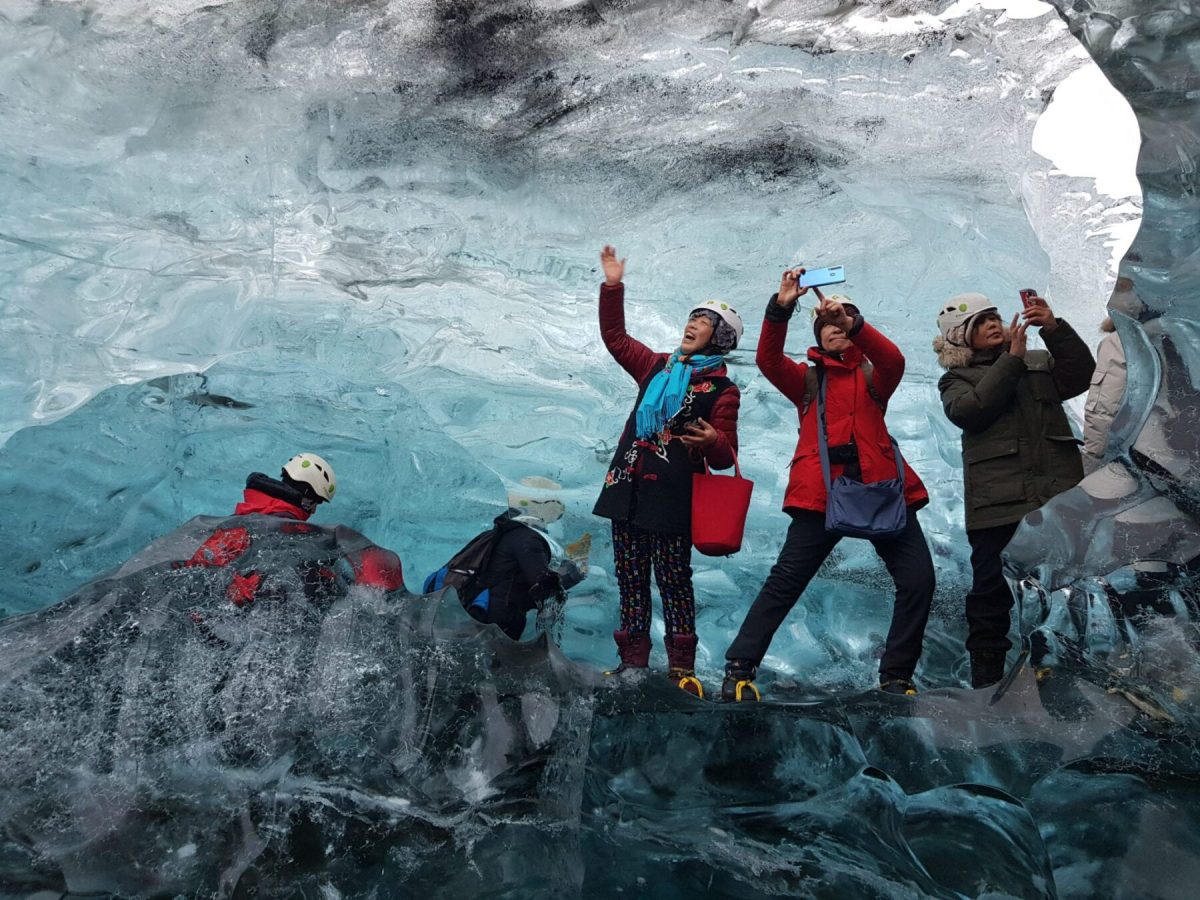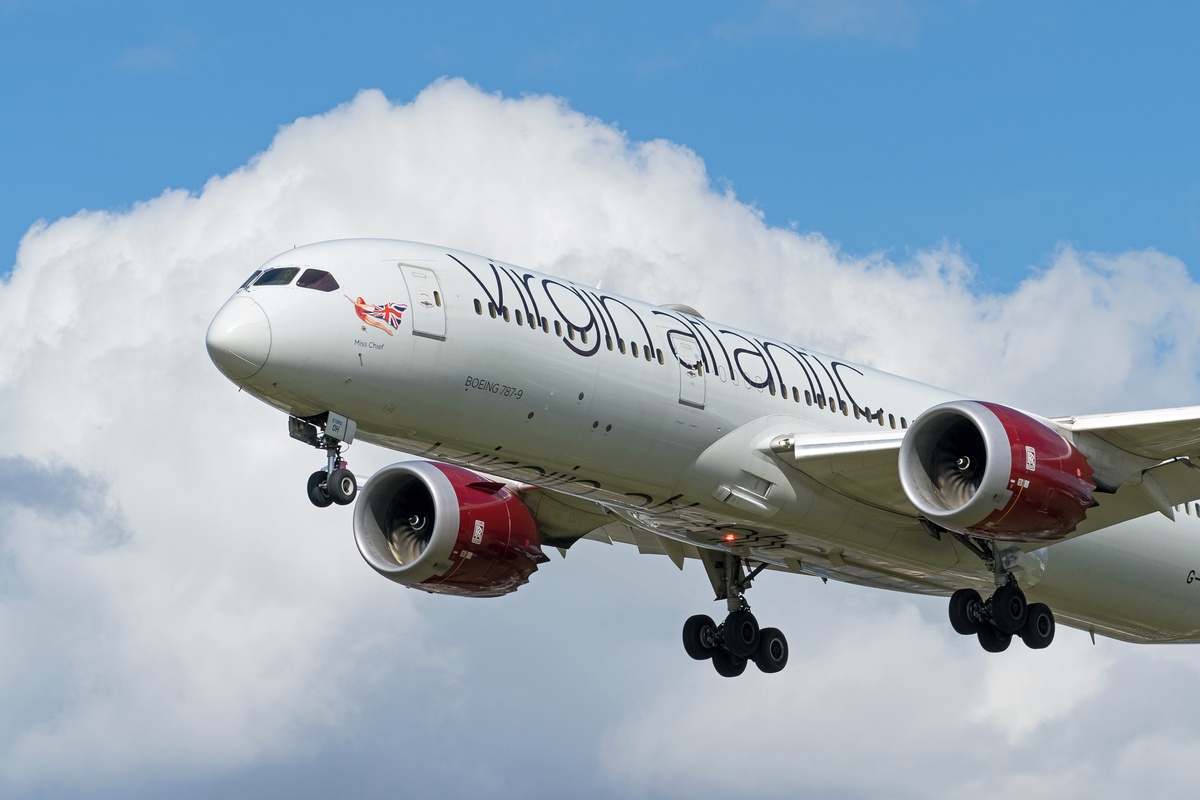Hotels Fall Short of Providing Accessible Access Around World

Skift Take
More than half of hotels around the world don’t make it easy to book a room for senior citizens or guests with accessibility needs.
Accessibility solution provider Mobility Mojo surveyed 1,000 hotels around the world to get a sense of how easy it was for a guest to book an accessible hotel room. Fifty-three percent of the hotels did not offer accessible room bookings while 22 percent of staffers reached over the phone couldn’t provide accessibility information about the hotel they worked at. None of the hotels sampled provided room measurements of accessible room features, making it difficult for someone to plan their trip.
The findings of the industry’s shortcomings, exclusively provided to Skift, come after the United Nations World Tourism Organization identified the accessible tourism market as one of the fastest-growing but most-underserved markets in travel.
“The whole idea was to ascertain the friction in the booking process of an accessible room,” Noelle Daly, co-founder of Mojo Mobility and the company’s standards and accessibility consultant, said in an interview with Skift.
The survey included 10 international hotel groups, including Marriott, Hilton, IHG, and Wyndham. The survey doesn’t identify the companies by name, and Daly declined to divulge specifics on how each company fared during the interview. But the differences, as vague as the identifiers may be, are stark.
One of the global hotel chains had 91 percent of its hotels involved in the survey providing ways to book an accessible room. Another only had 1 percent of its hotels offering a way to book one of these rooms. Thirty-five percent of the hotels involved in the story that didn’t have any way to book an accessible room managed to still provide pet-friendly information.
“Mobility Mojo is not here to judge — we simply enable hotels to showcase the accessible features they do have,” said the organization’s CEO Stephen Cluskey. “Any prospective guest is best placed to know their own requirements, and this hugely beneficial information takes away the guesswork. We want to help the hotels reduce potential travel barriers for any guest while increasing occupancy rates.”
Mobility Mojo provides a customer-facing dashboard that outlines how an individual property is performing on its accessibility standards and offerings.
The Gaylord Palms Resort & Convention Center, part of Marriott International, in Orlando details its accessibility information in a pop-up screen on its homepage, generally how any hotel opting into the system would provide this information. This dashboard provides everything from the number of accessible parking spots at the property, whether it has a lower counter available at check-in, and the dimensions of certain features like elevators and bathroom doors.
“We’ve found that hotels view accessibility as a compliance thing rather than an asset,” Cluskey said at Skift Global Forum in 2019. “In fact, it is one of the most underutilized assets a hotel has. They will spend so much money on these things, but then they barely mention it.”
Thanks to the Americans with Disabilities Act, U.S. hotels will be doing “probably better” than those surveyed in Europe, Asia, or Africa, Daly added. That law prohibits discrimination against those with disabilities and placed accessibility requirements on public spaces in the U.S. Many of the hotel companies surveyed are based in the U.S. and should consider extending some of the accessibility framework legally required in America to other parts of the world.
“A lot of it is ADA driven,” Daly said. “But the thing is international hotel groups are international. They all have hotels in different places.”
It isn’t clear if the hotel companies involved in the survey are working yet to improve their accessible offerings, she added while citing the catastrophic impacts of the pandemic putting owners in survival mode above all else.
Even if Mobility Mojo isn’t willing to go public with what hotel companies are the worst offenders in this sector, there is a financial upside for all companies to better court these customers.
More than 1 billion people around the world live with an accessibility need, according to the World Health Organization. Mobility Mojo also includes the elderly in its push for hotel groups to provide accessibility information. By 2050, the world’s population of those aged 60 and older is expected to nearly double to 2 billion people.
“For people with different accessibility needs, understanding how accessible and useable a hotel is before you go is crucial to helping the decision-making process,” Daly said. “The human experience is a lifetime of changing needs and abilities, and the need for good accessibility can affect all of us at different stages in our lives — from parents with babies in strollers to a wheelchair user, or someone with mobility, hearing, or sight impairments.”
You can access Mobility Mojo's entire Global Hotel Accessibility report below:




